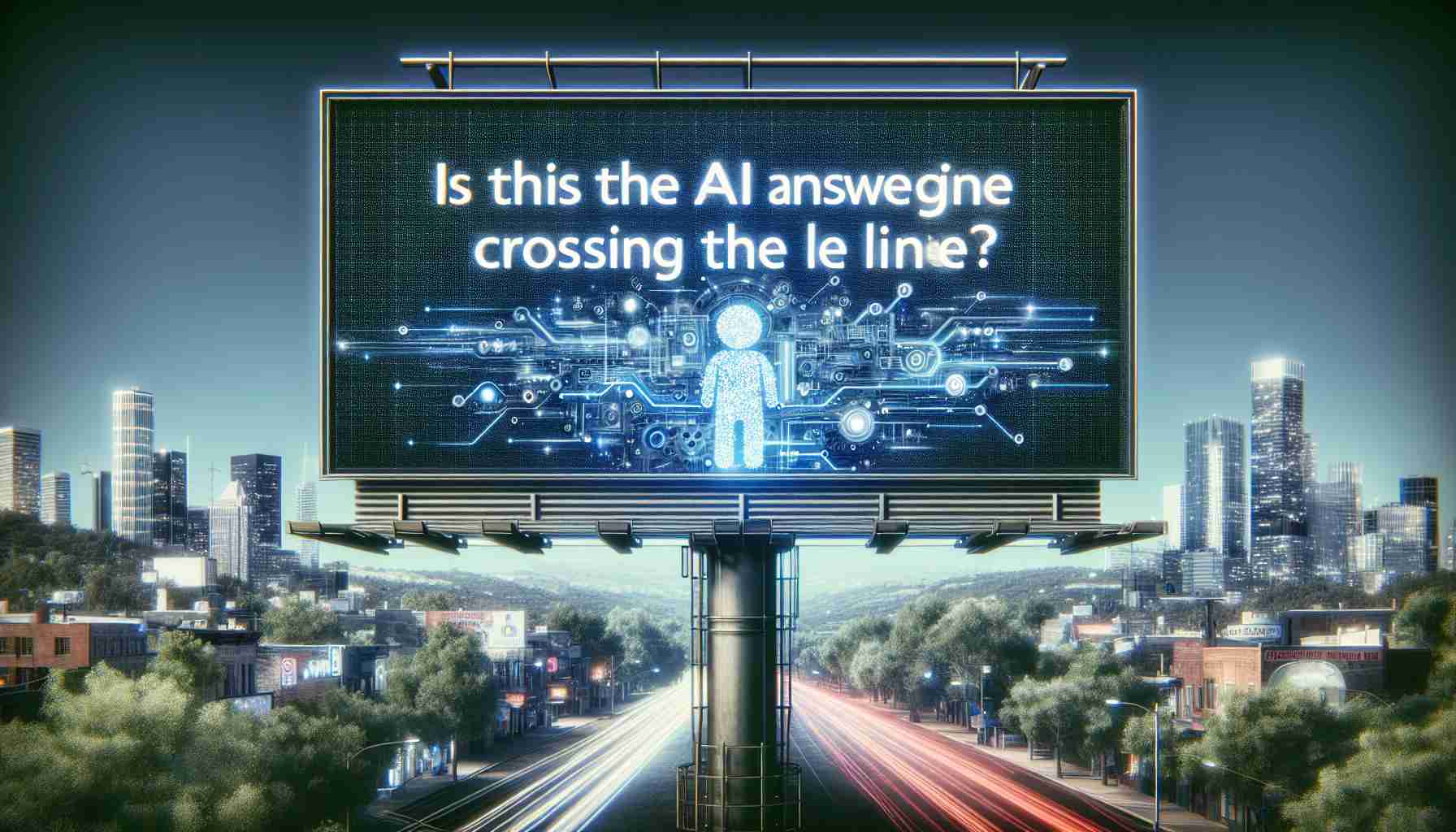Perplexity AI, a rising startup, has positioned itself as a distinct alternative to traditional search engines, opting instead for an AI-powered answer engine. Launched in 2022, this innovative platform allows users to pose unlimited questions, quickly pulling from the vast resources of the internet to provide simplified, conversational responses. However, this ambitious endeavor has sparked significant controversy and legal challenges.
Recently, News Corp filed a lawsuit against Perplexity AI, claiming it has infringed upon copyright laws on a considerable scale. The lawsuit accuses Perplexity of directly extracting content from well-known publications such as the Wall Street Journal and New York Post without proper attribution or compensation. The app’s methodology reportedly includes scraping copyrighted material and offering it to paying users, essentially acting as a middleman that bypasses original content creators.
As the legal battles unfold, Perplexity has already attracted criticism from other high-profile publications. Allegations include improper citation practices and misleading representation of sources which have complex ramifications in the world of journalism. Major media outlets, including Forbes and The New York Times, have voiced their concerns, claiming that Perplexity undermines the traditional relationships established between content creators and search platform users.
With legal action intensifying, industry experts warn that the outcome may affect the future landscape of digital content and journalism, as Perplexity, backed by prominent investors, continues to navigate its controversial path.
Is This AI Answer Engine Crossing the Line?
As the technological landscape evolves, the rise of AI-driven platforms like Perplexity AI raises important questions about the future of information retrieval, copyright, and the ethical use of content. While the disputes surrounding Perplexity AI illustrate the challenges of modern AI applications, they also highlight broader implications for users and the media industry.
Key Questions and Answers
1. What is Perplexity AI and how does it work?
– Perplexity AI is an AI-powered answer engine that aggregates information from various online sources to answer user queries in a conversational manner. It employs natural language processing (NLP) techniques to analyze content and provide synthesized answers rapidly.
2. Why are media companies concerned about Perplexity AI?
– Media companies are concerned because Perplexity AI’s approach may lead to the unauthorized use of their copyrighted materials. By summarizing or directly quoting content without proper attribution or compensation, the platform challenges the financial and ethical framework that supports journalism.
3. What are the potential consequences of the legal battles against Perplexity AI?
– The outcome of the legal actions could establish important precedents regarding how AI technologies interact with copyrighted content. A ruling against Perplexity could lead to stricter regulations on AI content generation and retrieval, while a ruling in favor could embolden other tech companies to use similar methodologies without fear of legal repercussions.
Key Challenges and Controversies
– Copyright Infringement: The primary controversy centers around copyright infringement claims. This modern dilemma illustrates the tension between technological advancement and intellectual property rights.
– Ethical Use of AI: The ethical implications of using AI to repackage content raise questions about ownership, originality, and the value of human-created information. Can machines credibly replace human journalists in providing reliable information?
– Impact on Users: The transition from traditional search engines to AI answer engines may alter how users perceive and value information. Users may become increasingly reliant on AI-generated answers, which may lack the nuance and depth provided by original reporting.
Advantages and Disadvantages
Advantages:
– Efficiency: AI answer engines like Perplexity AI can deliver quick answers, allowing users to access information rapidly without sifting through multiple sources.
– Enhanced Accessibility: These platforms can democratize information access, catering to users who may struggle to navigate complex search engine results.
Disadvantages:
– Quality of Information: Relying on synthesized AI answers can lead to nebulous understanding and misinterpretation of complex issues, as machines may oversimplify nuanced topics.
– Threat to Journalism: The potential for reduced traffic to original content creators can undermine the financial sustainability of journalism, leading to a loss of quality reporting and critical newsrooms.
In conclusion, while the advancement of AI answer engines presents exciting opportunities for information accessibility, it also poses significant challenges that demand careful consideration from both legal and ethical standpoints. As the industry navigates this uncharted territory, the ultimate resolution to these issues will have profound implications for the future of information dissemination.
For further insights on AI and its impact on content and journalism, you might explore these resources:
– Forbes
– The New York Times







